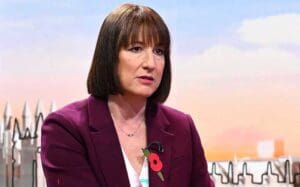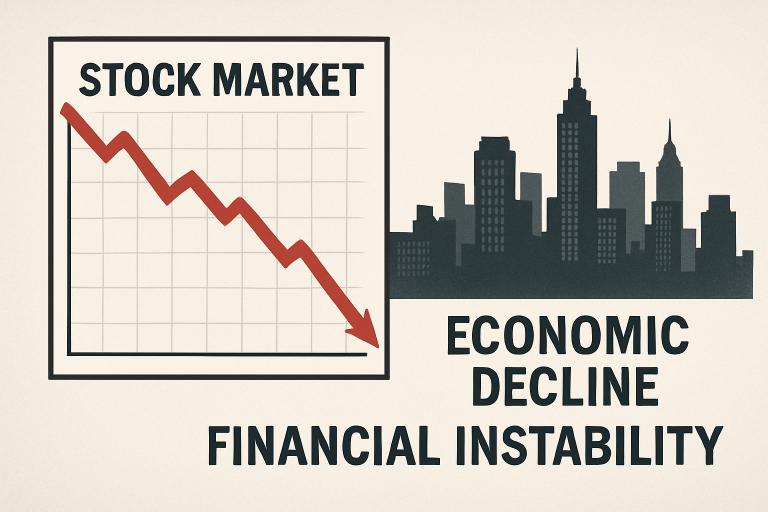
Chancellor Rachel Reeves is considering breaking one of Labour’s key election pledges by raising income tax in next month’s budget to help plug a £30 billion fiscal shortfall, according to senior government sources.
Three figures close to the budget process told The Guardian that discussions between the Treasury and No 10 have intensified in recent weeks, with officials exploring how to deliver a sustainable revenue boost without returning to further tax rises later in the parliament.
While no final decision has been taken, advisers believe that increasing income tax may be the only way to raise enough money to restore the public finances and create “headroom” for potential future tax cuts before the next election.
The fiscal challenge has been deepened by the Office for Budget Responsibility’s (OBR) decision to downgrade the UK’s productivity forecasts, a move expected to cost the Treasury around £20 billion annually.
Reeves must also find funds to reverse the winter fuel allowance cut, scrap planned welfare reductions, and end the two-child benefit cap — all measures previously criticised by Labour backbenchers.
Although falling gilt yields have reduced the government’s debt servicing costs by an estimated £2–3 billion, the reprieve is limited. Smaller measures, such as raising National Insurance for partners in law and accountancy firms, are expected to generate no more than £2 billion.
Sources say the Treasury is debating several configurations of income tax changes:
• A 1p rise in the basic rate, from 20p to 21p, would raise about £8.2 billion annually, but could inflame public anger during a fragile cost-of-living recovery.
• A 1p increase in the higher rate, from 40p to 41p for incomes above £50,271, would generate roughly £2.1 billion.
• An additional rate increase for those earning over £125,000 would raise only £230 million per penny.
Reeves is said to be torn between maintaining her promise to protect working households and ensuring that the public finances meet her strict fiscal rules. One senior Treasury source said:
“There is a live debate about how much headroom we want. If we aim high, we might not have to come back and raise taxes again — but that makes it more likely we’ll have to raise income tax now.”
While the Chancellor and Prime Minister Keir Starmer continue to insist that Labour’s manifesto commitments “stand”, they have stopped short of explicitly ruling out tax increases.
Reeves is acutely aware of the political fallout that would come from abandoning her earlier pledge, particularly after she broke another promise last year by raising National Insurance. Advisers say she wants to ensure that any new revenue plan is framed as “a one-off, responsible measure to safeguard economic stability.”
The Budget Board — co-chaired by Treasury minister Torsten Bell and the Prime Minister’s chief economic adviser Dame Minouche Shafik — is currently weighing the competing options.
One proposal, backed by the Resolution Foundation, would see the basic rate of income tax rise by 2p while employee National Insurance contributions fall by 2p, effectively shifting more of the burden onto pensioners and landlords, who do not pay NI.
Ruth Curtice, director of the think tank, said:
“Of all the major taxes, putting up income tax fits best with the UK’s current economic woes of low growth and sticky inflation. Whether or not rates change, we need broader tax reform to reduce the imbalance between earned and unearned income.”
Next month’s 26 November Budget is shaping up to be one of the most politically charged in years. Reeves faces pressure to prove her fiscal discipline to markets while maintaining the government’s credibility with voters still scarred by years of austerity and rising living costs.
As one Treasury official put it: “The politics are bad either way. What matters is doing the right thing.”
Read more:
Reeves weighs income tax rise to plug £30bn fiscal hole





